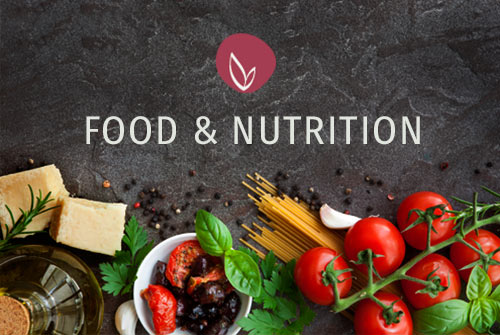Here are the facts: 50 per cent of Australians have elevated cholesterol levels, which puts them at higher risk of heart disease. Lowering cholesterol levels by 10 per cent can reduce heart disease risk by 25 per cent or more. There are countless discussions that cholesterol is the bad guy and that everyone should avoid high cholesterol foods. We now know that it’s only LDL (and vLDL) cholesterol that is linked with heart disease, and that the amino acid homocysteine is the strongest predictor of heart disease.
Margarine is a man-made food that is not naturally occurring. When margarine was first introduced to the marketplace, it was loaded with trans fats. Just like saturated fats, trans fats increase LDL (“bad”) cholesterol and lower HDL (“good”) cholesterol. In recent years, manufacturers have created non-hydrogenated margarine, by adding modified palm and palm kernel oil (saturated fats). Not exactly healthy!
Sterol-fortified margarine trials have confirmed that LDL cholesterol can be reduced by 10-15% if you consume at least 20g (four teaspoons)/day. This margarine is not a cure-all. These plant sterols can assist but if you’re someone whose cholesterol is 8mmol/L then reducing it to 7.2mmol/L does not take you out of the danger zone. You simply cannot rely on margarine and have to implement dietary changes, exercise and see a health professional.
As plant sterols work by reducing the absorption of cholesterol from the intestine (dietary or biliary), we can lose both good and bad types. It is essential to remember that good types of cholesterol are essential for optimal health. It is also important to acknowledge that plant sterols block the absorption of some of the fat-soluble vitamins. Of importance are vitamin D and carotenoids (converted to Vitamin A). As such, they are generally not recommended for children or pregnant/lactating women.



